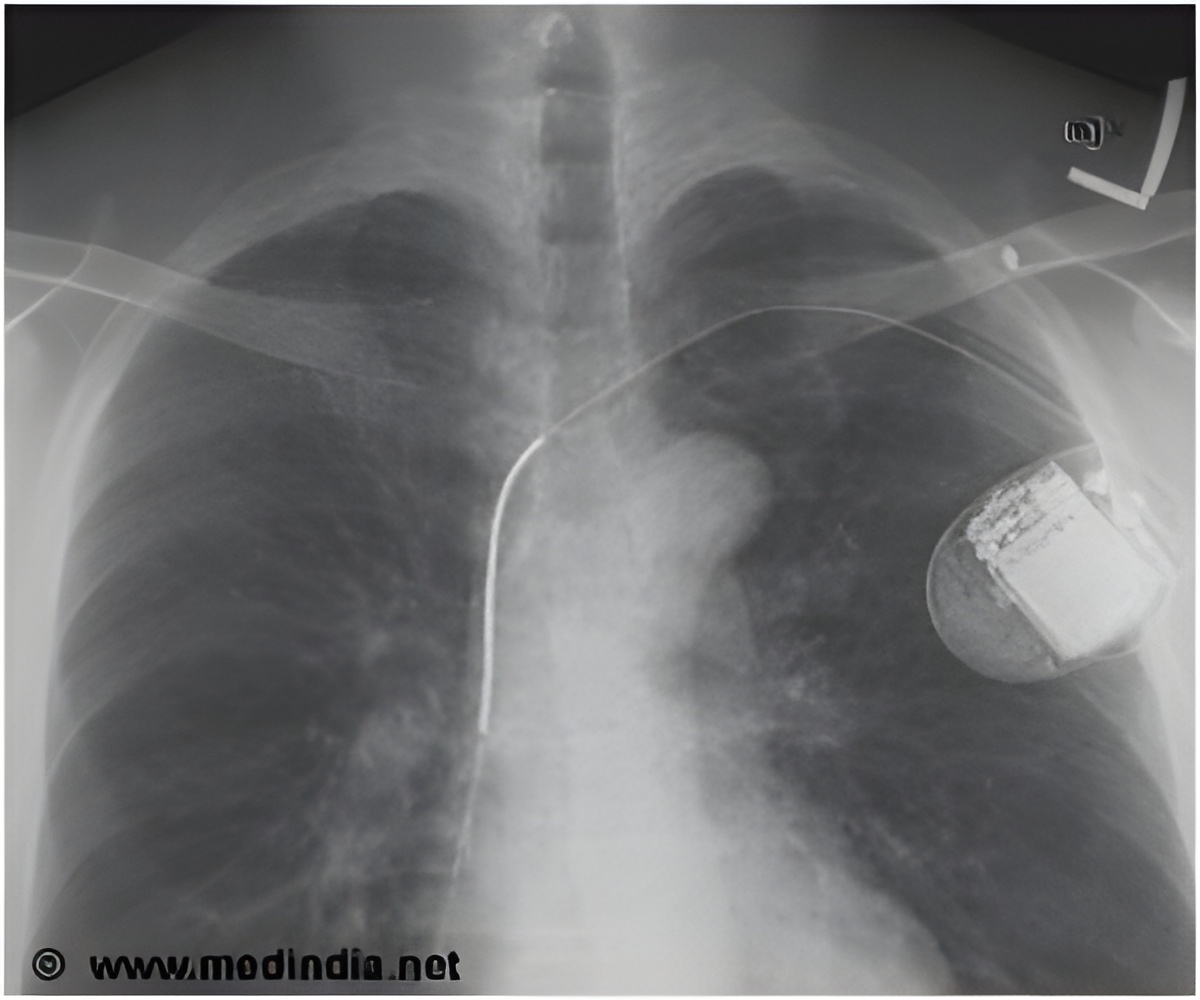
‘The ICD, which looks similar to a pacemaker, is inserted just under the collar bone to prevent sudden cardiac death in patients with an increased risk of life-threatening arrhythmias.’
Tweet it Now
"Driving after ICD implantation is an area of great debate and concern for both doctors and patients," said lead author Jenny Bjerre, physician at Herlev and Gentofte University Hospital, at Copenhagen in Denmark. "Our study provides contemporary data suggesting that the risk of motor vehicle accidents is in fact increased following ICD implantation when compared to controls," Bjerre noted.
The device is widely used to prevent sudden cardiac death in patients with an increased risk of life-threatening arrhythmias and in patients who have survived a life-threatening arrhythmia, including cardiac arrest.
The number of ICD implantations has increased dramatically over the past decades.
The study was conducted at The Cardiovascular Research Centre at Herlev and Gentofte University Hospital in Denmark.
Advertisement
Motor vehicle accidents were recorded from nationwide registers on accidents and deaths.
Advertisement
During an average follow-up period of 2.5 years, 2.3 percent of ICD patients were in contact with a hospital following a motor vehicle accident, compared to only 1.7 per cent of the control population.
Over time, this translated into a 51 percent increased risk of motor vehicle accidents in ICD patients compared to controls, the researchers said.
Source-IANS















